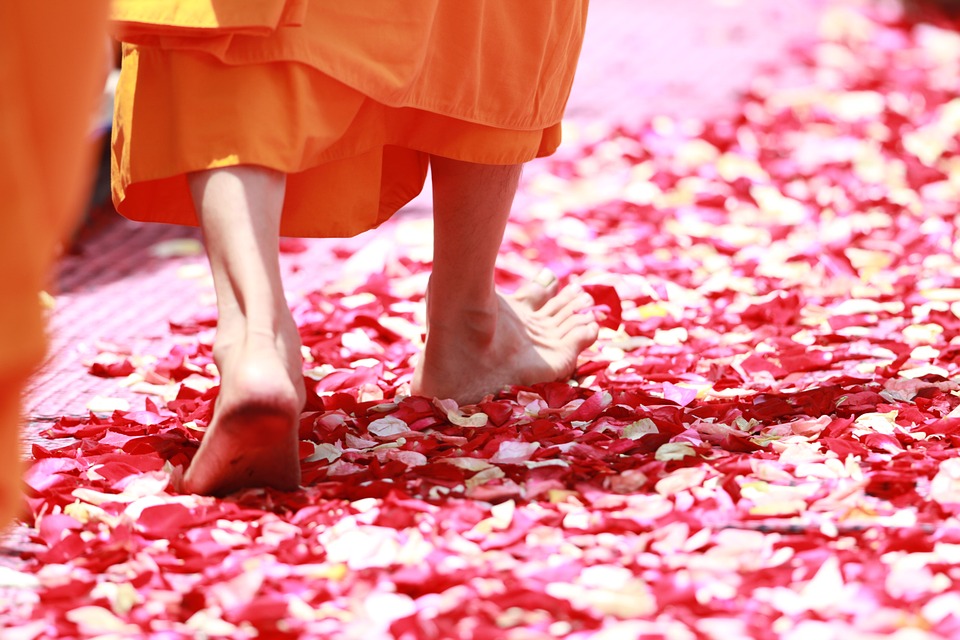The 4 Essential Qualities Of True Love According To Buddhism
According to Buddhism, happiness can be achieved only by practicing love. Without love, there is no happiness, and true happiness comes from true love. The true unconditional love overwhelms your heart and it has power to heal while bringing deep meaning into our lives. Buddha says that there are 4 elements that sustain and build the true source of love, called Brahmaviharas, and they can bring us closer to the source of the Universe, and not only do we benefit from practicing true love, we also have the power to transform suffering into love for us and those around us. The four elements are called Maithri (Love); Karuna (Compassion); Mudita (Joy); or Upeksha (Equanimity).

These 4 aspects are explained below:
1. Maithri
Love, or loving kindness, refers to our intention and capacity to understand and love people, to offer them joy and happiness. This aspect says that we are required to listen to others without judgment in order to understand them, who they are and what they need. True love cannot be found unless we understand the person we love. Through understanding we are gaining more knowledge and insight about the person, we know their sufferings, fear, aspirations in life and we are able to offer what the person needs. This is called unconditional love, we give our love and help without expecting anything in return. This method gives us internal peace and fulfill us.

2. Karuna
Compassion is the capacity to relieve suffering and pain and lighten the sorrow of the people you love. The literal translation of the word “compassion” is “suffering together” but the concept of Karuna is a little bit different. Buddha believes that a person doesn’t need to add in more suffering, because we will end up crumbling together. What a person needs is to start learning compassion through deep and focused listening, observing, looking and having a deep concern about the world around us. Even one word, one action has the power to change lives for us and the society, destroy doubt, build confidence, get through conflicts, and open the doors to liberation.
3. Mudita
Buddha here distinguishes between the meanings and understanding of “joy” and “happiness”. While happiness uses body and mind, joy is related to the mind. Buddha here says that “ If we are in a desert, we feel joy when we see water, and feel happiness when we drink it” . We experience joy only when we are fully aware of the present moment, when we live the moment, when we are surrounded by the beauty nearby and realizing the beauty that surrounds us, we feel joy over the smallest things. Mudita is described as joy that is filled with peace and contentment.

4. Upeksha
Upeksha means “letting go”, “non-attachment”, “even-mildness”, and these concepts insinuate that if your love has attachment, discrimination, prejudice, possessiveness, it cannot be described as love. The word Upeksha divides by “upa” which means over, and “iksha” which means mountain, so one must stand over the mountain to look over of the situation without being locked to the position we are in. We must be able to see everyone as equal, and we must not discriminate between ourselves and others, essentially when there is no distinction between the “self” and the “other”, we have achieved Upeksha.
Source: CureJoy
